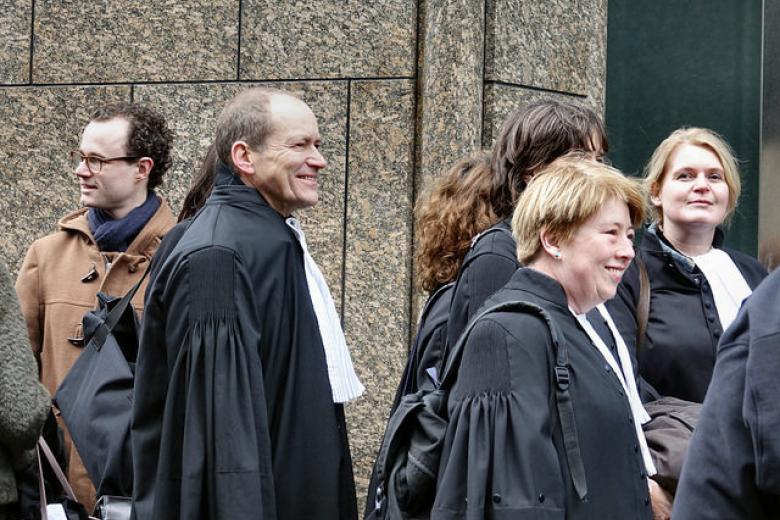Pursuing a global context for ownership paradigms
Legislative enactments and court decisions, together with social-historical events, provide the causal mechanisms that enable scholars to trace the evolution of ownership paradigms in different jurisdictions. In addition, shifts in ownership paradigms result from the circulation and flow of legal ideas. The circulation and flow ultimately help to identify foreign and vernacular creations.
Ownership paradigms can be approached from a comparative legal historical perspective, hence moving from vernacular levels to multi-jurisdictional levels. The time has come to extend the scope of studies, and to aim to place multi-jurisdictional levels within a global context. The evolution and shifts in ownership paradigms could indeed be extended to another level. Comparisons could be drawn, for example, between events on different continents. The degree of development in local or comparative legal historiography will dictate the path to follow in selecting the more demanding and suitable comparisons. Parallelisms or divergences could be reached, aiming towards a global context.
Universal comparative legal history is impossible and not sought for, yet different building blocks could be contrasted, seeking to develop further the knowledge of that property law institution within a globalized context. After all, some events are part of global undertakings. Some events took place across the globe at similar time periods, and hence should not be considered unique for a part of the world. For example, codification of property law provisions was a global phenomenon, clearly not limited to a specific jurisdiction. Furthermore, land-reform legislative enactments were far from being exclusive undertakings of a specific jurisdiction. The need to alter land structures was present in all continents. Acknowledging that events may be part of global phenomena offers new perspectives on findings and helps broaden contexts of analyses.
The proposed global approach could be likewise useful to assist in the efforts towards the harmonization of law. Learning from other experiences could therefore offer more case studies to assess the operation of legal institutions. New open laboratories for study may be identified, and globalized comparisons may present interesting features. For example, interactions may be valued by jurists who intend to implement Continental European principles while undertaking practices in the common law, and vice versa. Furthermore, the European Union is exploring changes in civil codes (e.g. Belgium), and the revisions of civil codes of Member States could benefit from the global context. A similar scenario is present in the Americas, where some jurisdictions are working towards harmonization of their private law provisions (e.g. Principles of Latin American Contract Law).
Comparisons across time and space should be welcomed, since they are enriching, providing new perspectives and new knowledge.
Further reading: Agustín Parise, Ownership Paradigms in American Civil Law Jurisdictions: Manifestations of the Shifts in the Legislation of Louisiana, Chile, and Argentina (16th-20th Centuries) (Brill Nijhoff 2017).
| More blogs on Law Blogs Maastricht |
A. Parise
Agustín Parise (Buenos Aires, Argentina) is Associate Professor of Law at the Faculty of Law of Maastricht University. He received his degrees of LL.B. (abogado) and LL.D. (doctor en derecho) at Universidad de Buenos Aires (Argentina), where he was Lecturer in Legal History during 2001-2005. He received his degree of LL.M. at Louisiana State University Law Center (USA), where he was Research Associate at the Center of Civil Law Studies during 2006-2010.

-
Myth: All lawyers are just profiteers
Flashy guys who work on the Zuidas, live in luxury penthouses and tear around in the latest Teslas and Jaguars – and all at the expense of ‘the ordinary man’ who they laughingly charge exorbitant hourly rates. This image of lawyers appears to be fairly persistent. But it has very little to do with...

-
Contextualizing Brexit
The European Union (EU) faces challenges after the results of the United Kingdom (UK) European Union membership referendum that was held on June 23, 2016. Yet, Brexit is not the first challenge faced by the EU. Three points invite for reflection on Brexit and the future of the EU.

-
A thank you letter (or hate mail) for Fred Rodell
Fred Rodell, the once revered Yale Law School professor and the “bad boy of American legal academia” wrote that “[t]here are two things wrong with almost all legal writing. One is its style. The other is its content.” His harrowing words acutely capture my conflicting relationship with (legal)...
